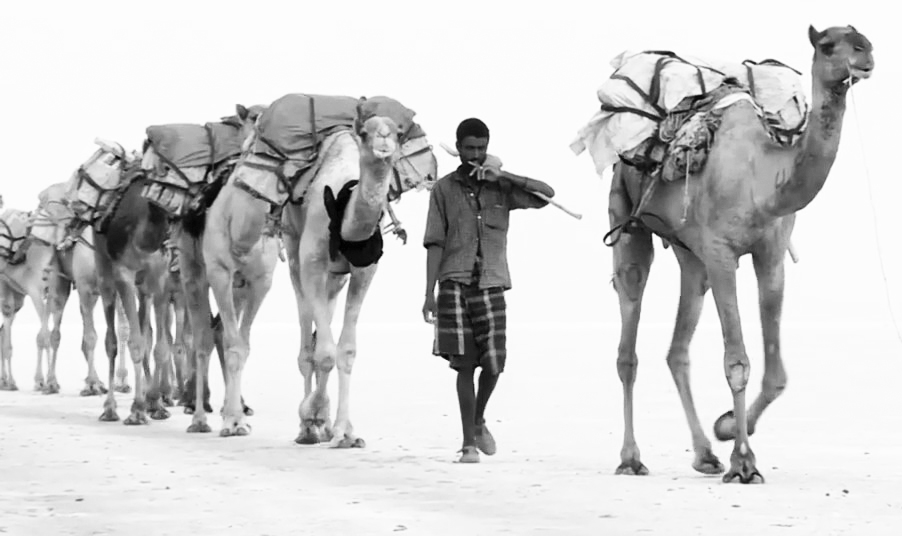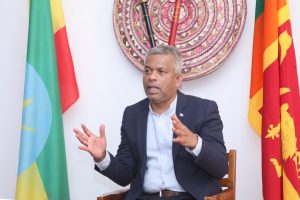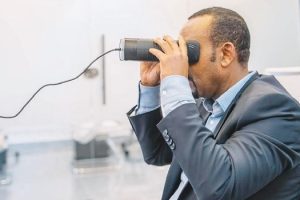
The Afari (Qafar) people are an ethnic Cushitic people who predominantly live in Ethiopia, Eritrea and Djibouti. They speak Afari language which belongs to the Afroasiatic family. Like any other Ethiopian nations, nationalities and peoples, the Afari people have their own peculiar culture, custom and ways of living. Besides, Afar is home to the first human ancestor known as Lucy (Australopithecus afarensis). It is the hottest place on earth. Earth’s nadir Danakil depression is found in its bosom.
The Afar people are very humble and cordial. They have deep affection as well as passionate attachment to camels. Camels mean everything to them. A camel signifies their cultural, economic and social aspects. The pastoral and semi-pastoral Afaris use camel as their major source of wealth, according to Ahmed Abdella who wrote his MA thesis on pastoralist societies and their cultures
“Camel Milk is the most staple food to those who lead a pastoral way of life in Afar state. Since Afar is rich in minerals and other nutrients, those who grow up drinking camel milk prove physically strong and healthy,’’
he said. However, commercializing camel milk has not yet been fully exploited to beef up the economic muscle of the people, he added.
Ahmed noted that in most cases milking in Afar is done by two men. A man undertakes the milking process with one knee raised to support the milking vessel, while the second one holds the calf so as to prevent it from spilling the milk. Besides, smoking the milking vessel with local herbs is believed to improve flavor, taste and quality. Afari people believe raw camel milk is preferable for the wellbeing of children.
The other significance
of camel in Afar community is its social importance. Camel herding commands
respect and social acceptance of the community. Those who boast a great number
of camels are regarded by their community as the affluent. But this does not
mean they give priority for material aspects.
Moreover, camel is used for meat and transport among Afari people and other pastoralist societies. The Afar people especially use camel to transport the salts they extract from their land to the Ethiopian markets. Camel referred as the desert ship, for weeks, could go on without water. That is why most pastoral and semi-pastoral societies want to breed it for the sustenance of their livelihood in harsh environment.
Kalid Omar grew up in, Afedera, Afar. He came to Addis Ababa 12 years ago. He recalls his childhood associated with camel. “Life would have been extremely difficult without camel,” he expresses indebtedness to the desert ship.
“Camel is everything for us. It is our source of food, means of transport and our truthful companion in unforgiving situations. That is why it has a huge influence in the culture, folklore and literature of Afar,’’ he said.
Though camel is a blessing to Afari people, they have a limitation in generating sufficient income from commercializing their products, Kalid underlines. “There are challenges in generating income from selling milk, meat and leather products. There is also shortage of pastures and water for rearing camels efficiently. Hence, governmental, nongovernmental organizations and other stakeholders must empower the pastoral societies to utilize their camel resources in a modern way. The Afari people should get support in terms of finance, healthcare, pasture, water and other basic needs for their camels. Moreover, it would be highly beneficial if private investors would set plans to purchase milk and meat from them.
The Ethiopian Herald March 29/2020
BY TSEGAY HAGOS




